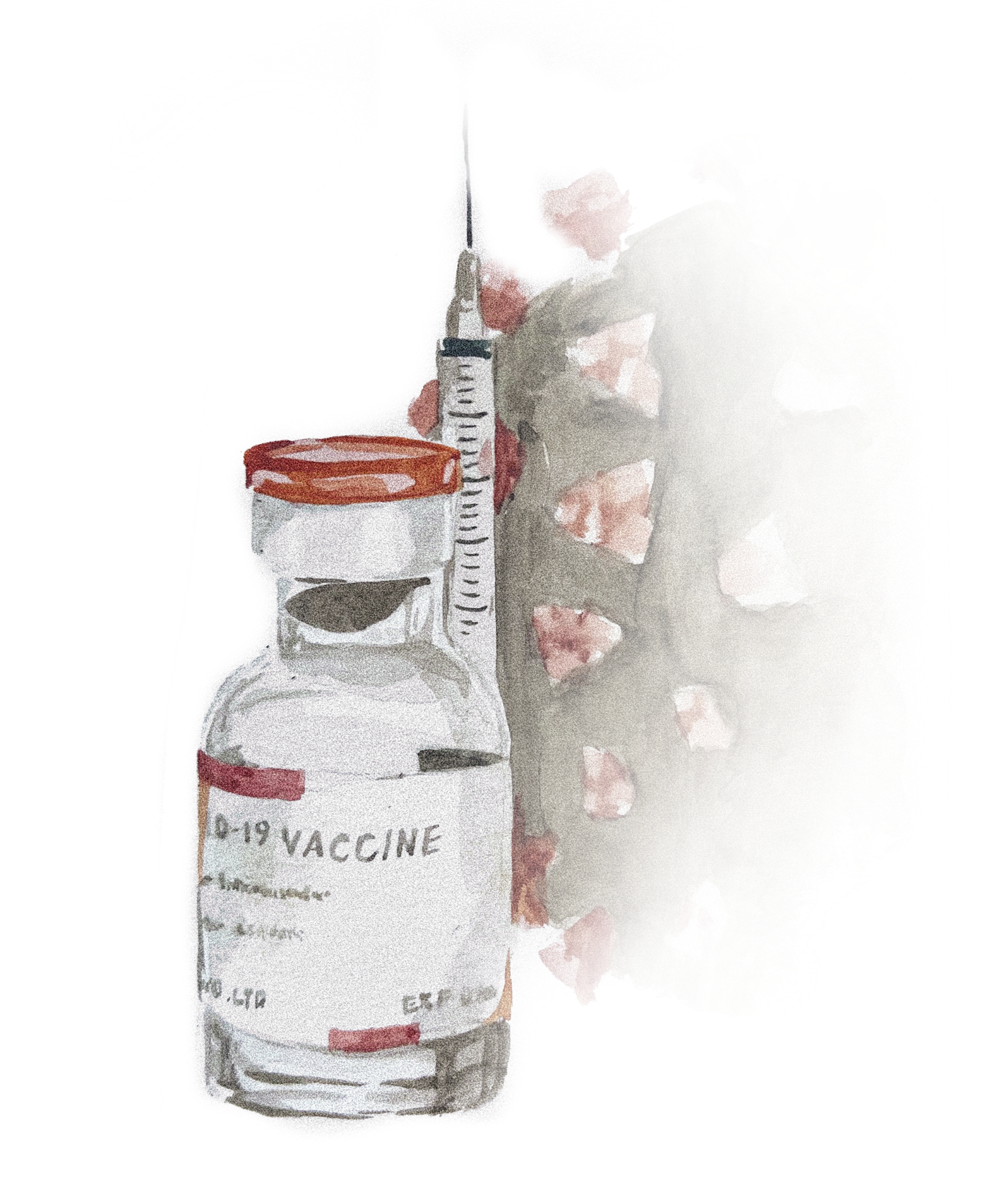Yale researchers work with UNICEF and Facebook to counter vaccine misinformation
Researchers at the Yale Institute for Global Health partnered with UNICEF and Facebook to counter misinformation in countries with low vaccination rates.

Catherine Kwon
Researchers at the Yale Institute for Global Health have been working with Facebook and the United Nations Children’s Fund, or UNICEF, to combat vaccine misinformation in low income countries.
UNICEF, which oversees the project, first contacted the University in 2020 to research ways to assist their regional offices and local health administrators in addressing the vaccine situation around the world. Yale Institute for Global Health Director Saad Omer, who is directing the Yale team working with the two institutions, saw the partnership as an opportunity to expand vaccine equity across countries where many individuals are hesitant to receive COVID-19 vaccines.
“The idea is to work with UNICEF country offices and support them in using social media for vaccine promotion and countering misinformation,” Omer said.
In the initial phase, Omer and his team looked at public data via Facebook posts and other social media platforms to explore and isolate the driving factors surrounding vaccine hesitancy. Once they completed their research, they synthesized and shared them with UNICEF country offices in a back-and-forth exchange to determine the best approach to develop campaigns which targeted these factors and attitudes.
Then, they launched pilot campaigns in four countries to monitor changes in attitudes based on insights from Facebook data.
Omer found that “the messages that speak to people’s values” were most successful. The researchers concluded that it is not fruitful to attempt to change anyone’s values — but to instead find messaging which aligns with them. For example, he noted that in India, one of the countries included in the study, vaccine promotion messaging that accounted for national pride was particularly successful.
Currently, the project is in its country implementation phase. Similar to the pilot campaigns, Omer and his team are now developing tools and evaluating messages in various trials across the world — including India, Kenya, Pakistan, Ukraine and the Philippines. They are working to carefully analyze the nuances of vaccine misinformation they witnessed on social media.
“The COVID-19 situation and the vaccine situation is fluid in most countries where we are working,” Omer said. “That requires us to be flexible in terms of crafting the message, evaluating the messages … in response to the situation in a given country at a given time.”
Sarah Christie, who serves as the project’s manager, began working on the partnership in February 2021. She manages Yale’s team as well as the research, which is currently running in five countries.
The researchers, she said, consist of experts across a wide variety of fields, from political science to epidemiology, as well as infectious disease and behavioral science.
Christie also noted that the diversity of expertise does not end at Yale. Through the collaboration with UNICEF and Facebook, the team has learned how to approach vaccine hesitancy in unique ways, she said.
“What we’re really learning from Facebook is how to evaluate those communications and how they are working … the way a company might evaluate how their content is running,” Christie said.
Christie noted that the Facebook team provided built-in tools that the company offers its own clients, which allows the researchers to use digital marketing tools to understand the impact of health communication content.
This project has helped shed light on the role Yale and its health affiliates have played in the pandemic across the world.
Professor Howard Forman, another Yale expert on COVID-19 and public health, emphasized the critical work that Yale plays in addressing the pandemic. He noted that the University, especially the Yale School of Public Health, led and mobilized efforts in COVID-19 and vaccination early on in the pandemic and has continued to do so to this date.
He added that Omer’s vaccination expertise, which existed prior to the COVID-19 crisis, has been substantial in “helping us globally to think about ways to build vaccine confidence and diminish vaccine hesitancy.”
The Yale Institute for Global Health was founded in 2018.







